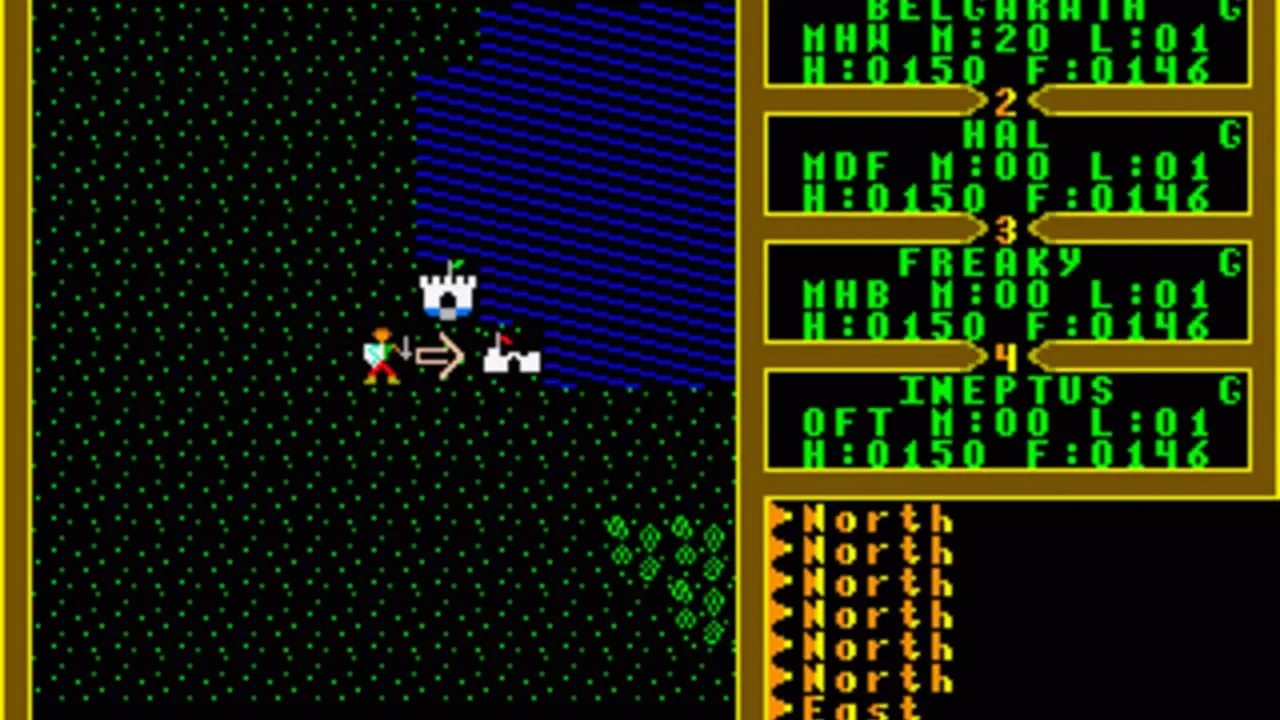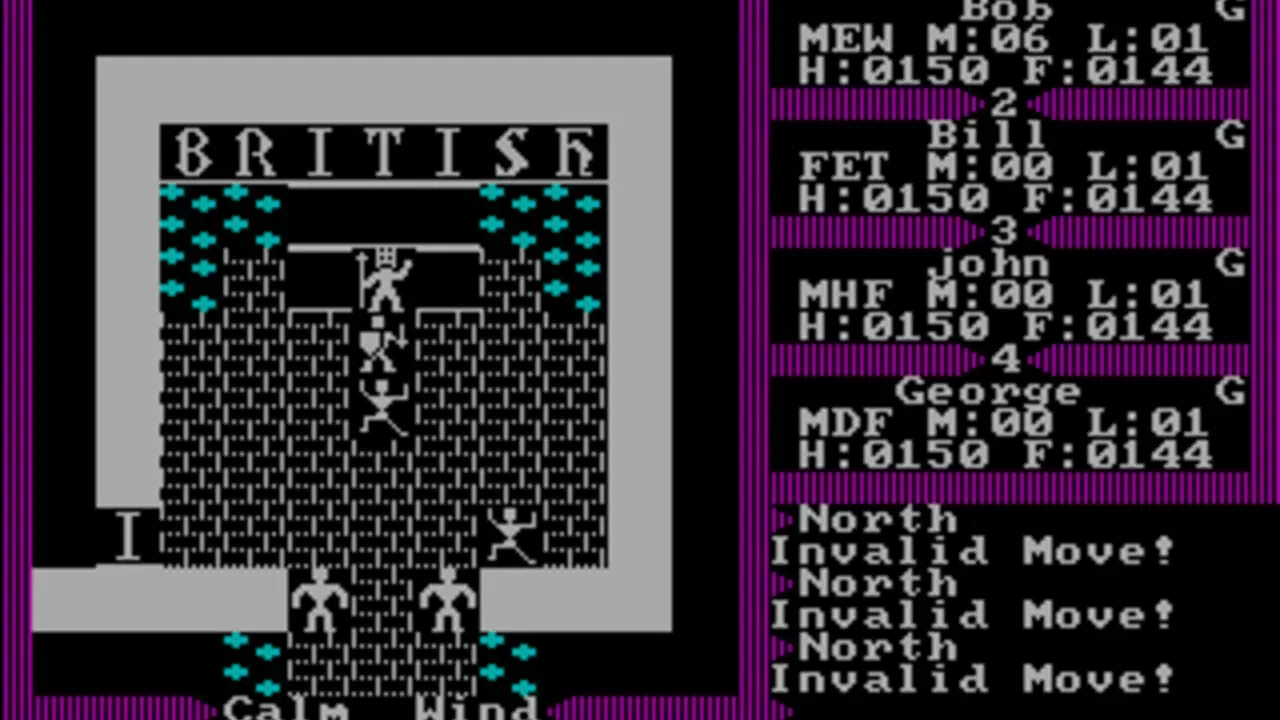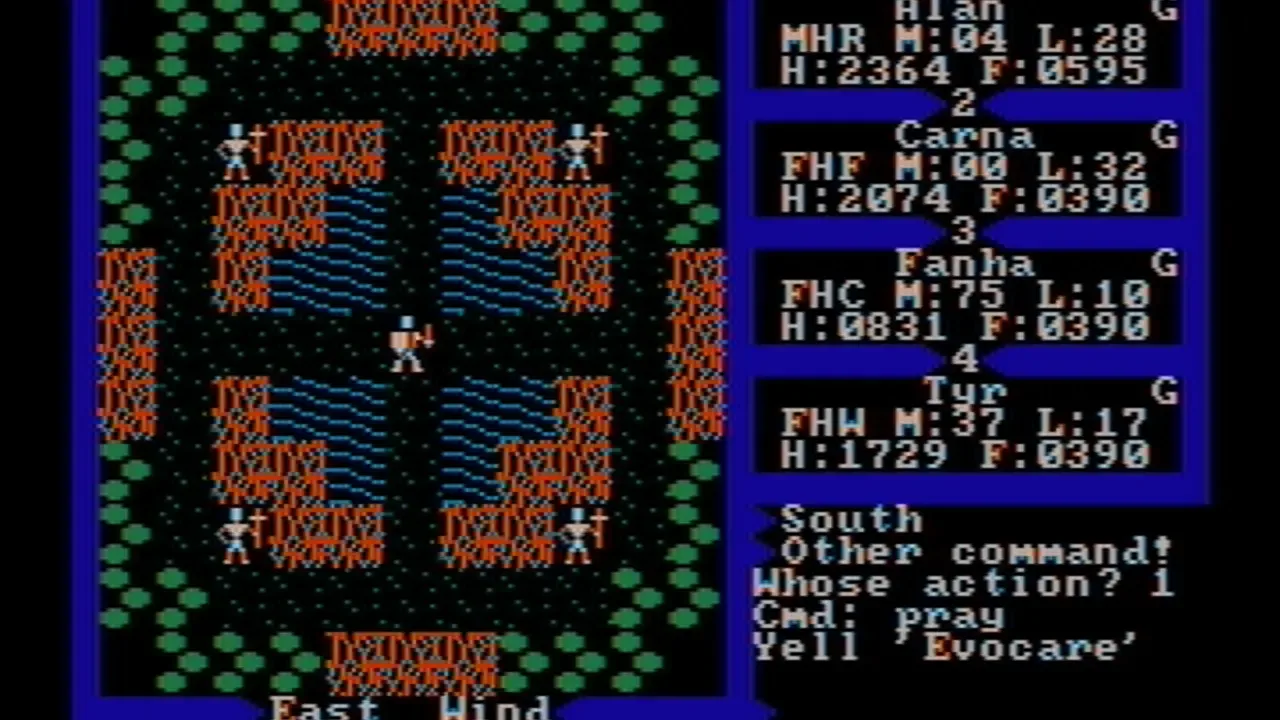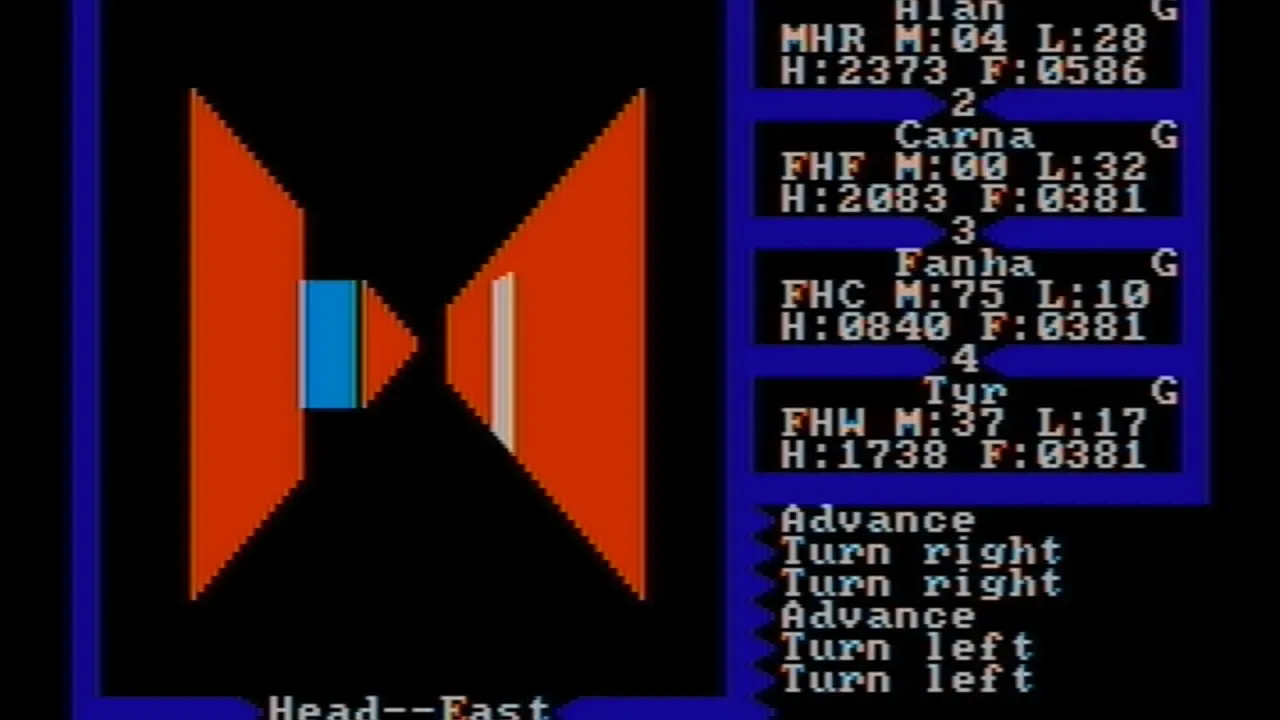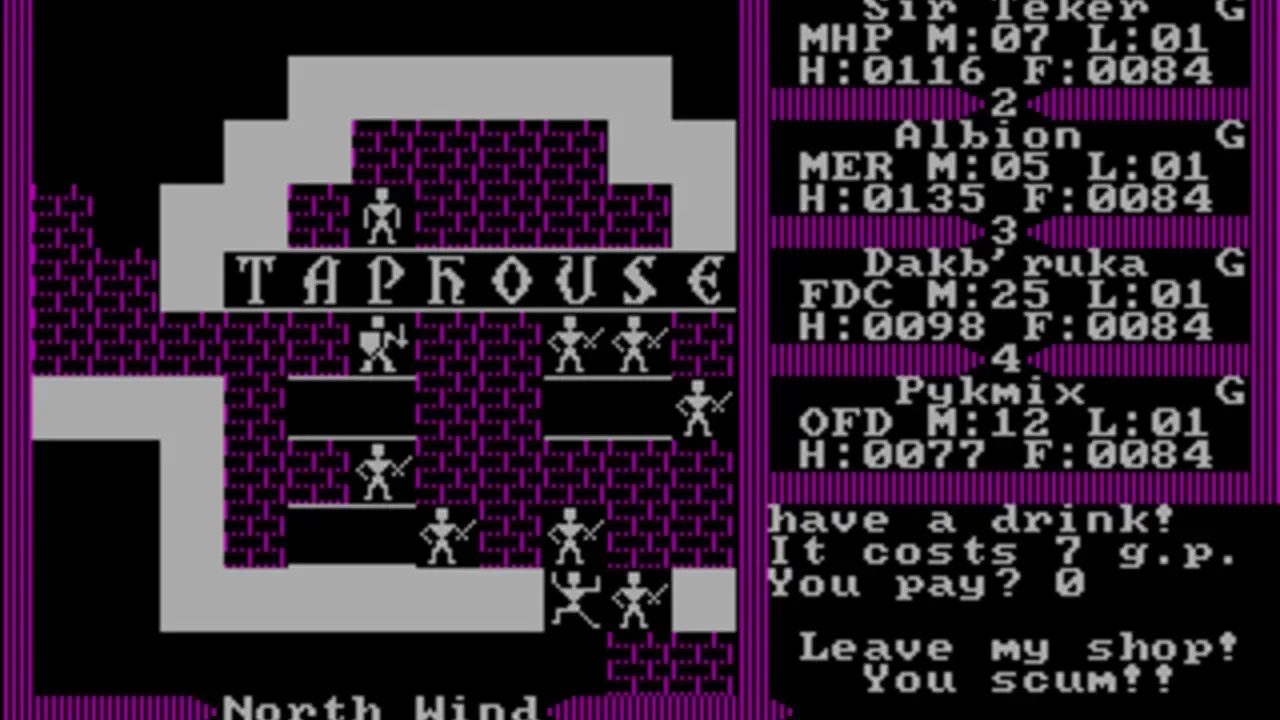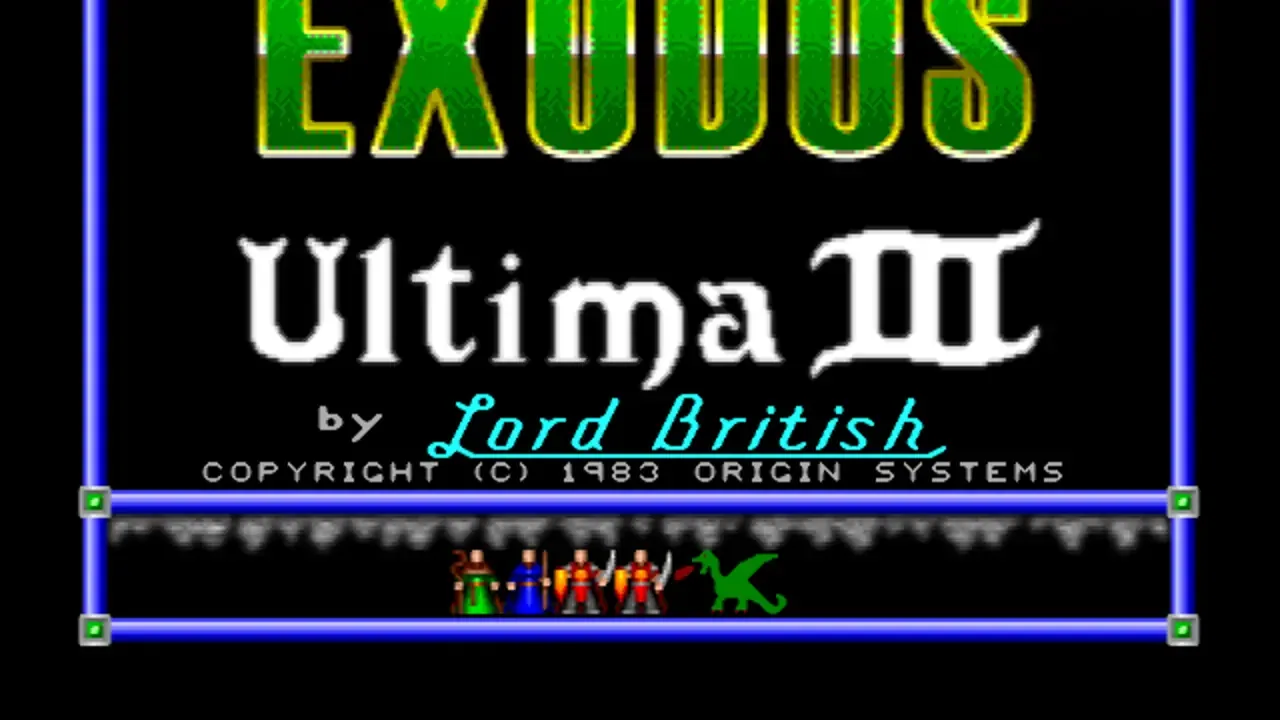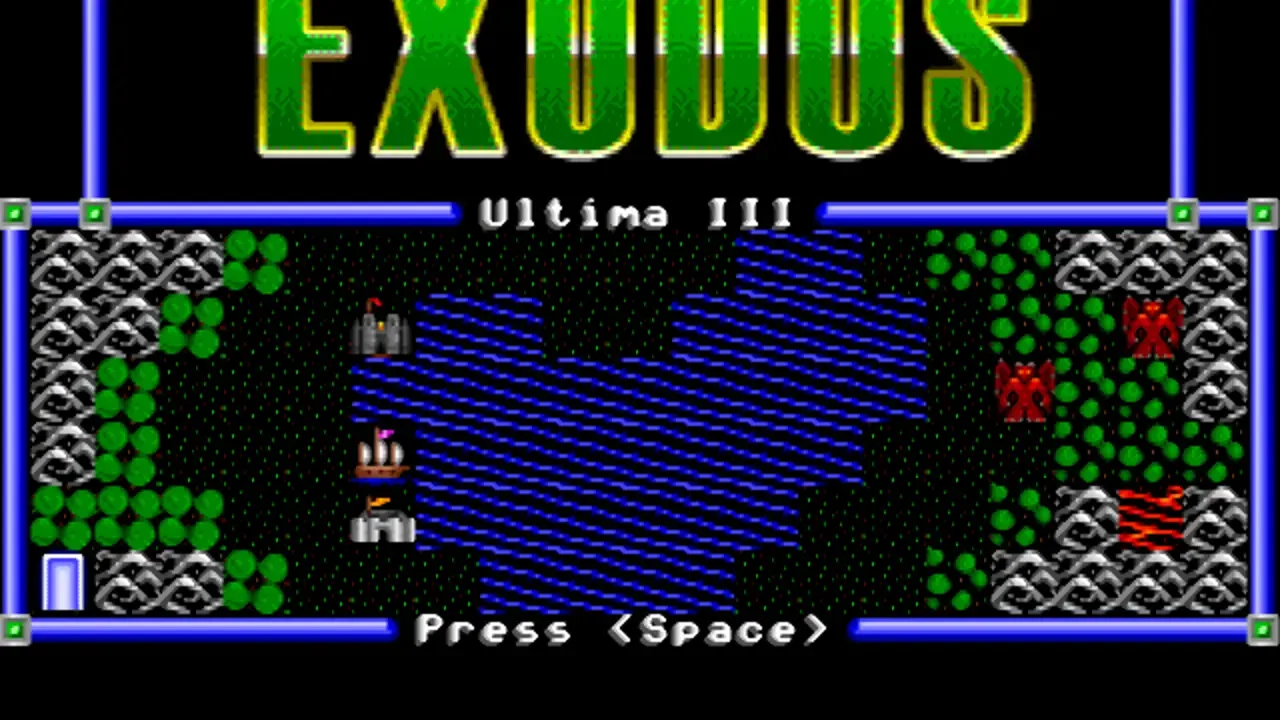Ultima III: Exodus
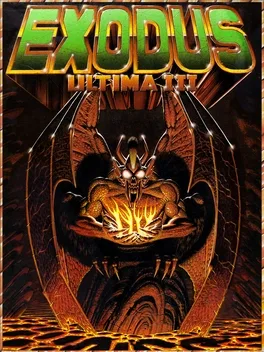
Buy
Part of collection:
Ultima
(last 3 games)
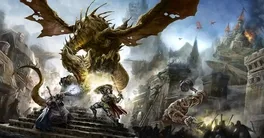
Are you tired of the same old games that lack accomplishments, true friendships, epic battles, and a sense of free will? Come and join Kingdom of Britannia Were anything is possible. † Explore a mysterious land, tame wild creatures, and powerful beasts? ‡ Perhaps you would rather pick up a sword and shield, and hunt murderous bandits, or master the dark secretes of necromancy. † Maybe you are a more of a merchant, or craftsman, with many professions and craftables to choose from.
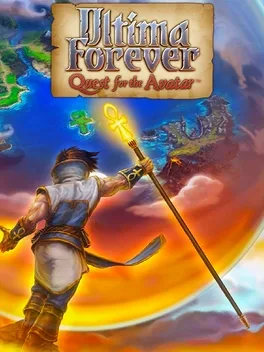
Play as a fighter or a mage as you take on Lady British's challenge in this free-to-play Ultima IV follow-up.
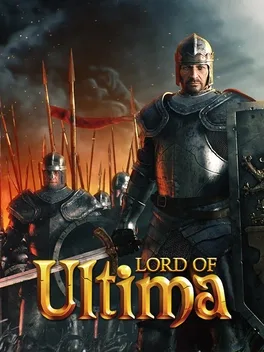
A browser based city building strategy game by EA. Create your own empire and defend it from others!
Could be interesting
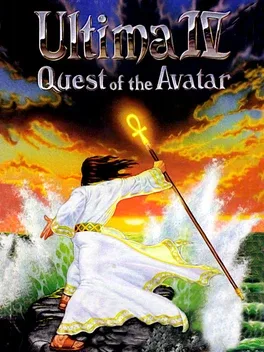
Following the defeat of the evil triad in the previous three Ultima games, the world of Sosaria changed beyond recognition: continents rose and sank, and new cities were built, heralding the advent of a different civilization. Unified by the reign of the benevolent monarch Lord British, the new world was renamed Britannia. Lord British wished to base people's well-being on the ethical principles of Truth, Love, and Courage, proclaiming the Eight Virtues (Honesty, Compassion, Valor, Justice, Sacrifice, Honor, Spirituality, and Humility) as the ideal everyone should strive for. The person who could accomplish full understanding and realization of these virtues would serve as a spiritual leader and a moral example for the inhabitants of Britannia; he alone would be able to obtain holy artifacts, descend into the Stygian Abyss, and access the Codex of Ultimate Wisdom. This person is the Avatar. The fourth game in the Ultima series features an improved game engine, with color graphics and enhanced character interaction: the player can have conversations with non-playable characters by typing names of various topics. However, the main difference between Ultima IV and its predecessors in the series (as well as other role-playing games) lies in the game's objectives and the ways to fulfill them. Instead of building up a character by any means possible in order to face a villain in the end of the game, in Ultima IV the player is trying to become the Avatar, a role model for people. This means upholding the Eight Virtues, basically trying to become a better person. Making morally conscious decisions and helping other people is not done expecting a material reward, but because it is the actual goal of the game and the main focus of its gameplay. The game frowns on behavior typical of most other RPGs, such as backstabbing fleeing enemies or picking up everything that isn't nailed down even if it does not belong to the protagonist. This different approach established the game's reputation as the first "true" Ultima, influencing the design philosophy of later installments and the overall spirit of the series. Character creation is done by choosing responses to morally ambiguous questions. Each of the Eight Virtues corresponds to a character class; by determining the player's personal priorities in the virtues, the game assigns a class and a starting location for the Avatar. After emerging in Britannia, the player is free to explore it in various ways (on foot, moongate teleportation, on horseback, by ship, etc.). Certain items must be collected in any order to enter the Stygian Abyss and complete the game. The Avatar also has to reach the highest level in all virtues. This is achieved by various means: donating blood increases Sacrifice, not fleeing from combat increases Valor, etc. The process, however, is not irreversible: should the Avatar overpay a blind seller, he gains Compassion points; should he, on the other hand, cheat the seller by underpaying, his level in several virtues would decrease. These unorthodox features of the game co-exist with plenty of traditional RPG elements, such as dungeons to explore and hostile monsters to kill. Enemies are encountered on the world map as well as in dungeons; combat takes place on separate top-down screens, allowing player-controlled and enemy parties freely move on them. Characters accumulate experience points and level up, gaining higher amount of hit points and access to stronger magic spells. Like in the previous installments of the series, world map, town exploration and combat are presented from a top-down view, while the dungeons are pseudo-3D and are explored from first-person perspective. Ultima IV also introduces several new gameplay features to the series and role-playing games in general. A number of initially non-playable characters living in various areas of the game world are able to to join the party and fight alongside the hero, replacing traditional player-generated characters or mercenaries and adventurers available only in special locations. Additional new elements include buying and combining reagents in order to cast spells, puzzle rooms in dungeons, and others. The FM Towns version, while identical to the others in gameplay, introduces upgraded graphics similar to those used in next installment of the series.
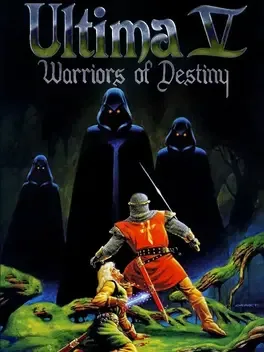
After a century of relative peace, the Avatar of Virtue is summoned back to the medieval kingdom of Britannia to deal with a new threat: the usurper Lord Blackthorn, a formerly honorable nobleman who has been corrupted by strange new creatures called the Shadowlords. After the recent disappearance of the true king, Lord British, the realm has fallen under martial law. Blackthorn now rules the land by brutally enforcing the eight Virtues upon the people of Britannia - corrupting their meaning in the process. The Avatar must gather together his former companions, now made outlaws by Blackthorn's regime, and venture forth to defeat the vile Shadowlords and recover the true king from the shadowy depths of the Underworld.
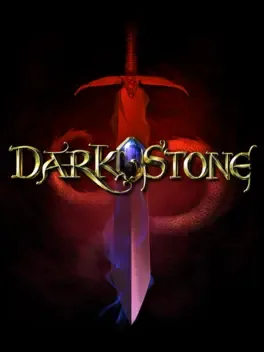
Lord Draak's henchmen are spreading chaos in Uma. Are you going to let them get away with it?
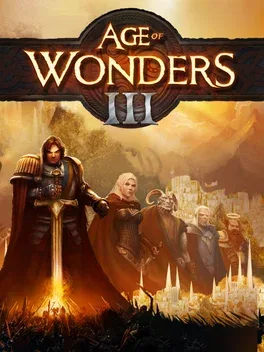
Age of Wonders III, like the previous games in the series is a turn-based strategy game set within a high fantasy universe where the player assumes the role of a political-military leader. Gameplay is 4X-based (explore, expand, exploit and exterminate) where players explore the world map, slowly building an empire through colonization, warfare and diplomacy with rival powers. However new to III is the greater addition of role-playing game features, where players must first choose and customize their leader, all options dependant on the player's chosen style of play. There are six available races in the initial release: humans, draconians, high elves, dwarves, orcs, and goblins, all that will determine the race of their empire with each having unique perks and abilities. The leader and empire is further shaped by the choice from skill sets based on traditional RPG classes along with further specializations and skills to select. Each leader class also has access to their own unique units with a distinct visual look based on their corresponding race, each to accommodate their own unique approach to strategy, both in combat and when managing their empire. On release there are six different classes a leader can be. The "Sorcerer" class emphasizes the use of magic for enchantments and summoning powerful units. The "Theocrat" derives from an organized religion based society including zealots followers and the use of holy spells and warriors. The "Rogue" favors less direct approaches to situations, employing stealth, thievery and manipulation aswell as dark magic in diplomacy and warfare. The "Archdruid" channels the power of nature, using it to their advantage by being very self-sufficient and being able to call upon wild creatures. The "Dreadnaught" leads a steampunk styled society, using large industry, machinery and gunpowder-based units like cannons and tanks. Finally the "Warlord" specializes in direct conflict and combat tactics, utilizing effective non-magic based units and abilities. Leaders themselves and separate recruitable hero units will be able to gain experience and level up, while also being able to gain new equipment and powers. Players can also develop their alignment between good and evil based on their player's actions and the cultures the player absorbs into their empire, rather than race like the previous games in the series. Cities themselves provide much of the resources, infrastructure and host to unit recruitment. Independent cities and units not immediately aligned to any player/leader are also present in the world map. Units that come from an unaffiliated city will fight to protect a city's domain, and they won't forget that they're tied to it. Many of these independent settlements aren't cities in the traditional sense, but can be alternative settlements, like a "Giant's Keep" for example. The player can conquer these holdings, which will provide units like a city, or they can absorb them through diplomatic means by paying tribute and diplomatic and/or alignment standing. Quests can also be given to players by independent forces and cities, including but not limited to clearing out wild units, searching for relics and even conquering cities and other holdings. Quests can grant the support of independent forces for player in addition to a reward such as gold or equipment, sometimes with the choice of either given to the player upon completion of the quest. As in the case of the first game in the series, Age of Wonders III offers a story-driven campaign that is playable from two sides, the human-centric Commonwealth Empire and the Court of the High Elves. In addition to the campaign; single-player scenarios, online multiplayer, random map generation and a map editor are also available. The graphics of Age of Wonders III will be presented in 3D instead of the isometric view the series has utilized up to this point.
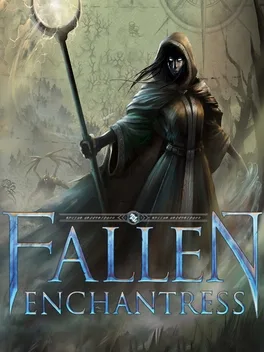
A World to Build… or Destroy. “A war is coming… a war between East and West - between Kingdoms and Empires, between man and Fallen. A future of blood and death, of chaos and destruction.” – the Oracle Ceresa.
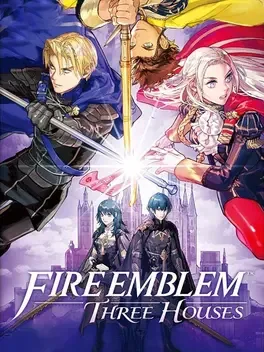
Here, order is maintained by the Church of Seiros, which hosts the prestigious Officer’s Academy within its headquarters. You are invited to teach one of its three mighty houses, each comprised of students brimming with personality and represented by a royal from one of three territories. As their professor, you must lead your students in their academic lives and in turn-based, tactical RPG battles wrought with strategic, new twists to overcome. Which house, and which path, will you choose?

Breath of Fire IV is a single-player game that continues the story with these "dragon people," who gave their lives to eradicate the evil goddess and restore peace in their world. This time around, battle has broken out between two powerful continents, and the fair Princess Elena has disappeared during a tour of the war-torn region. The princess's sister, Nina, who reigns o'er the Windia Kingdom, vows to retrieve her missing sibling. She meets Ryu along the way, who joins the epic quest
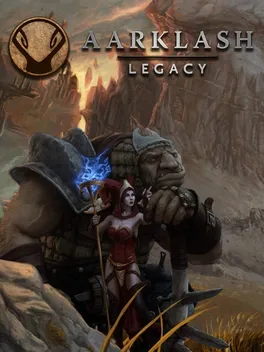
In Aarklash: Legacy take command of a mercenary squad in search of truth and guide it through countless battles.
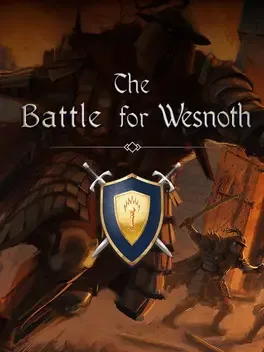
The Battle for Wesnoth is a turn-based tactical strategy game with a high fantasy theme. Build up a great army, gradually turning raw recruits into hardened veterans. In later games, recall your toughest warriors and form a deadly host whom none can stand against! Choose units from a large pool of specialists, and hand-pick a force with the right strengths to fight well on different terrains against all manner of opposition. Wesnoth has many different sagas waiting to be played. Fight to regain the throne of Wesnoth, of which you are the legitimate heir... step into the boots of a young officer sent to guard a not-so-sleepy frontier outpost... lead a brutal quest to unite the orcish tribes... vanquish a horde of undead warriors unleashed by a foul necromancer, who also happens to have taken your brother hostage... guide a band of elvish survivors in an epic quest to find a new home... get revenge on the orcs by using the foul art of necromancy... There are at least two hundred unit types, sixteen races, six major factions, and hundreds of years of history. The world of Wesnoth is absolutely huge and only limited by your creativity — make your own custom units, create your own maps, and write your own scenarios or even full-blown campaigns. You can also challenge up to eight friends—or strangers—and fight in epic multiplayer fantasy battles.
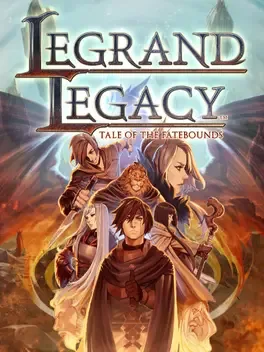
LEGRAND LEGACY is a spiritual successor to some all-time favorite JRPGs with a fresh take on the classic turn-based combat. Explore a beautifully hand-drawn world riddled with fantastical creatures, devastating wars, and intriguing stories of personal redemption. Play our demo and discover why Legrand Legacy is the "Most Promising Game" of the year!







